From a political perspective, 2023 will go down in history as the year of missed opportunities and the most momentous of them — which we were too busy settling scores to make the most of — was the celebration of the ‘golden jubilee’ of the country’s only unanimous Constitution in 76 years.
On the contrary, 2023 also became the year in the annals of which will forever be recorded the highest number of Constitutional violations to date. This was the year when even the general elections could not be held on time in November, as per the Constitution.
Now, one can only hope that the general elections will be held on February 8 next year, though people are still sceptical, as in almost every function, they have asked this simple question: “Will elections be held?”
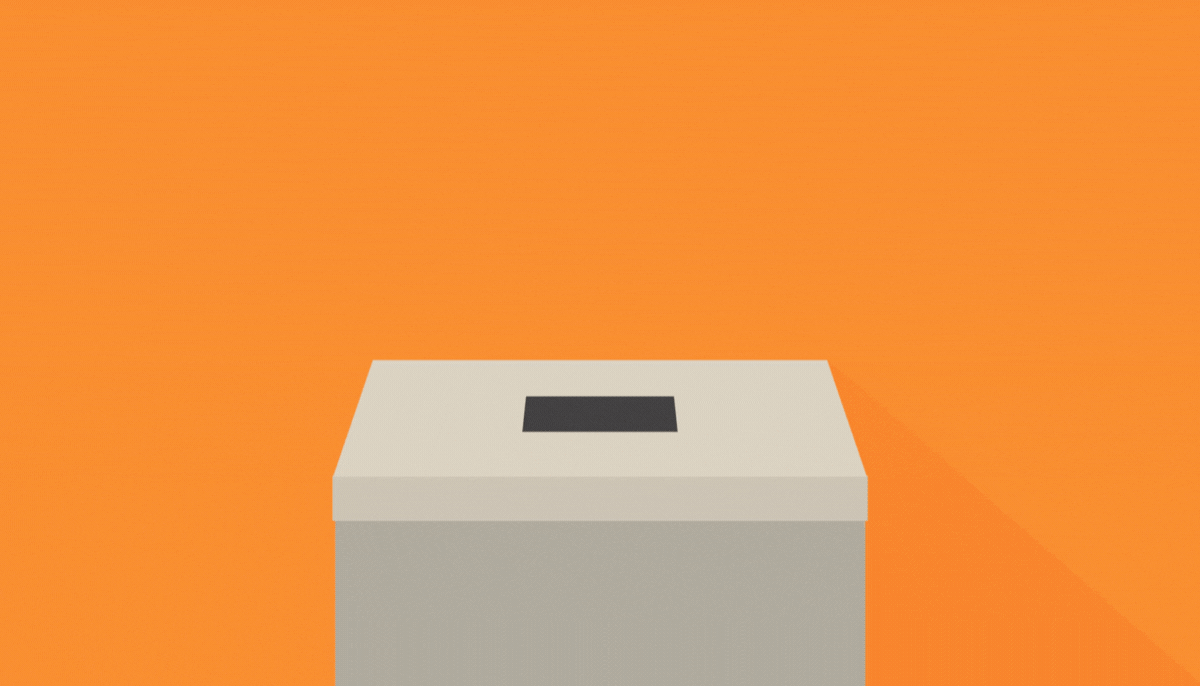
Perhaps, all those who matter in the ‘system’ missed the opportunity to set the right direction, the mainstream political parties, the judiciary, the media and the establishment, as, unfortunately, their respective roles remain highly ‘controversial’ during the year. But a million-dollar question is: What is the way forward and what challenges are ahead in 2024 and beyond?
It is time to learn from past mistakes or at least not to repeat the same in the year ahead. Let’s make 2024 the year of ‘certainty’ as Pakistan, for all practical purposes, is on the verge of economic collapse and national disorder. Let’s take a look back at what went wrong in the year from missed opportunities to political blunders and disasters.
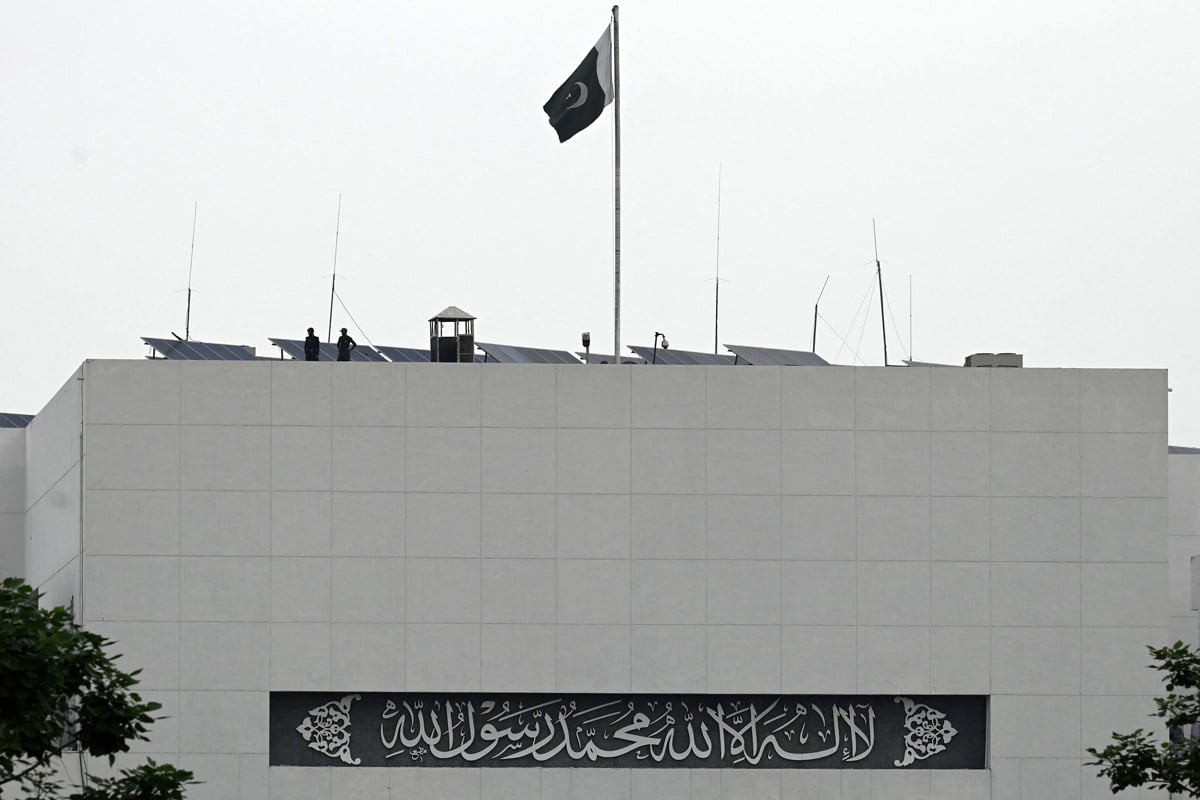
Pakistani politics since 2008 in particular revolved around three parties — Pakistan People’s Party (PPP), Pakistan Muslim League-Nawaz (PML-N) and Pakistan Tehreek-e-Insaf (PTI). The latter’s entry as a third option attracted the new generation, the new voters. While PTI’s opponents i.e., PPP and PML-N blamed the establishment for creating what they called, “Project Imran”; it hit the headlines. PPP and PML-N had a history of ‘love and hate’ but through the Charter of Democracy in 2006, they agreed on certain basic principles including the principle of ‘agree to disagree.’
However, in the last 15 years during the democratic transition from 2008 to 2023, we witnessed the two previous governments from 2008 to 2013 and from 2013 to 2018 of PPP and PML-N completed their full tenure, smooth transfer of power but in the post-2018, a political turmoil brought things back to square one after former prime minister and PTI founder Imran Khan was ousted through a vote of no confidence in March, 2022. So, what went wrong and how did they miss the opportunities during the year?
First, let’s have a look at Pakistan’s Democratic Party (PDM) and PPP’s ‘missed opportunities.’ PPP and PDM parted ways in December 2021, over the question of ‘long march’ and resignations from assemblies. But, after Khan developed differences with former army chief General Qamar Bajwa over the transfer of former Inter-Services Intelligence (ISI) chief, Lieutenant General Faiz Hamid in October 2021, both PDM and PPP capitalised, which in March 2022, led to Imran Khan’s dethronement.
PDM-PPP ‘missed the opportunity’ that presented itself irrespective of whether bringing down the PTI government was right or wrong, politically. Had they announced general elections within six months they could have put their key political opponent and ex-premier in a difficult position as his government’s popularity was plummeting. On the contrary, they decided to continue till August 2023 but failed miserably on the economic front and the situation went from bad to worse when PML-N’s Ishaq Dar replaced Miftah Ismail as finance minister.
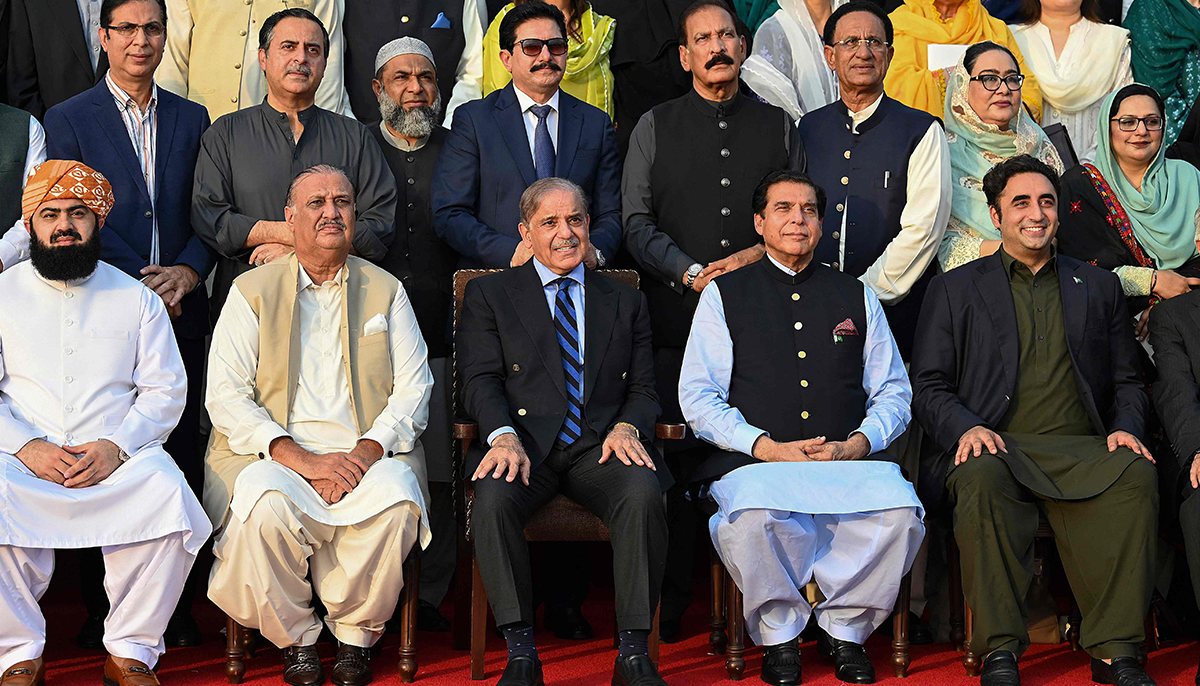
The second blunder by the PDM-PPP government — particularly the PML-N — was the nomination of Shehbaz Sharif as prime minister. Before his nomination, he was always regarded as the party’s ‘trump card’ because of his reputation of performing well in Punjab as chief minister.
PDM-PPP’s popularity in 2021, was far better than PTI but dropped drastically in the last 20 months as compared to 2020-21. PDM’s policy during one and a half years had caused so much damage that neither PML-N nor PPP were ready to share the burden and that is one of the reasons why PPP distanced itself from Shehbaz’s government, even though they were a part of it.
Today, the PML-N, led by former prime minister and party supremo, Nawaz Sharif, who could not return during his own party’s government, is finding it hard to stage a comeback. Thus, the former coalition government committed three major political blunders and missed opportunities and as a result, put themselves in a crisis. However, to me even the vote of no-confidence, despite being constitutional, was a political mistake as they could not capitalise on it. Not holding early elections, massive failure on the economic front and handling of Punjab crisis after putting Hamza Shahbaz as CM. All this went in favour of their political rival.
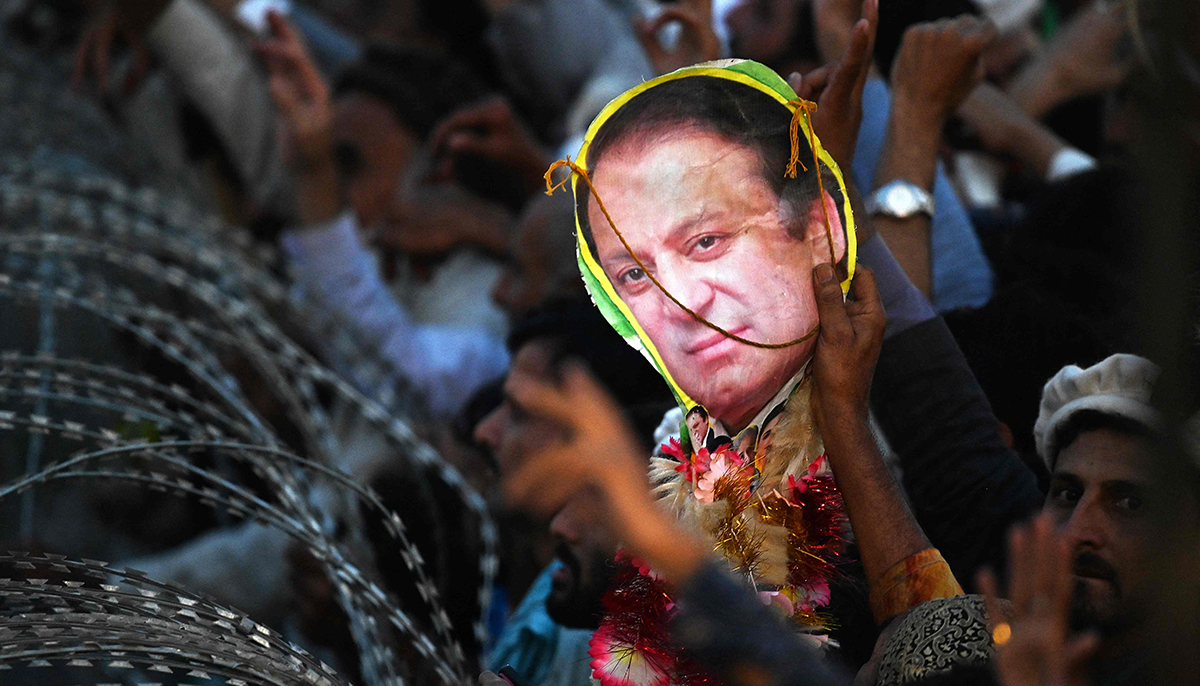
Similarly, the PTI founder also had ‘opportunities’ to take a shot at returning to power. The year began when despite being ousted as prime minister, Khan and his party had governments in place in almost 60% of Pakistan. His party was well-placed in Khyber Pakhtunkhwa (KP) and Punjab, the biggest province in Gilgit-Baltistan. He already committed a political blunder like he had in 2014 by resigning from the National Assembly. But, he didn’t learn a lesson from that mistake and by committing an even bigger blunder by dissolving both Punjab and KP assemblies, handed over the field to its opponents on a platter. He paid little heed to much saner advice from the then chief minister of Punjab and now President of PTI, Chaudhry Parvez Elahi, who beseeched Khan not to dissolve or resign from the Punjab assembly.
Had Khan not done that, all the provincial assemblies would have completed their term in August and elections would have been held in November. Thus, PTI missed that golden opportunity and unnecessarily found themselves in the present position where the founder has been in jail for over 120 days, facing disqualification, conviction, and multiple charges along with many party leaders and workers, and a number of them quitting politics or PTI.
Both have missed opportunities but, what happened on May 9, was nothing but a collective ‘suicidal’ attempt on the part of the PTI. Attacks on sensitive security installations in any way fall under the category of ‘political reaction’. It did not look spontaneous because it had happened in different parts of the country. Action against some of the security personnel and officers in this regard also indicates that the attackers also had some inside support. In the end, it is the PTI which suffered the most.
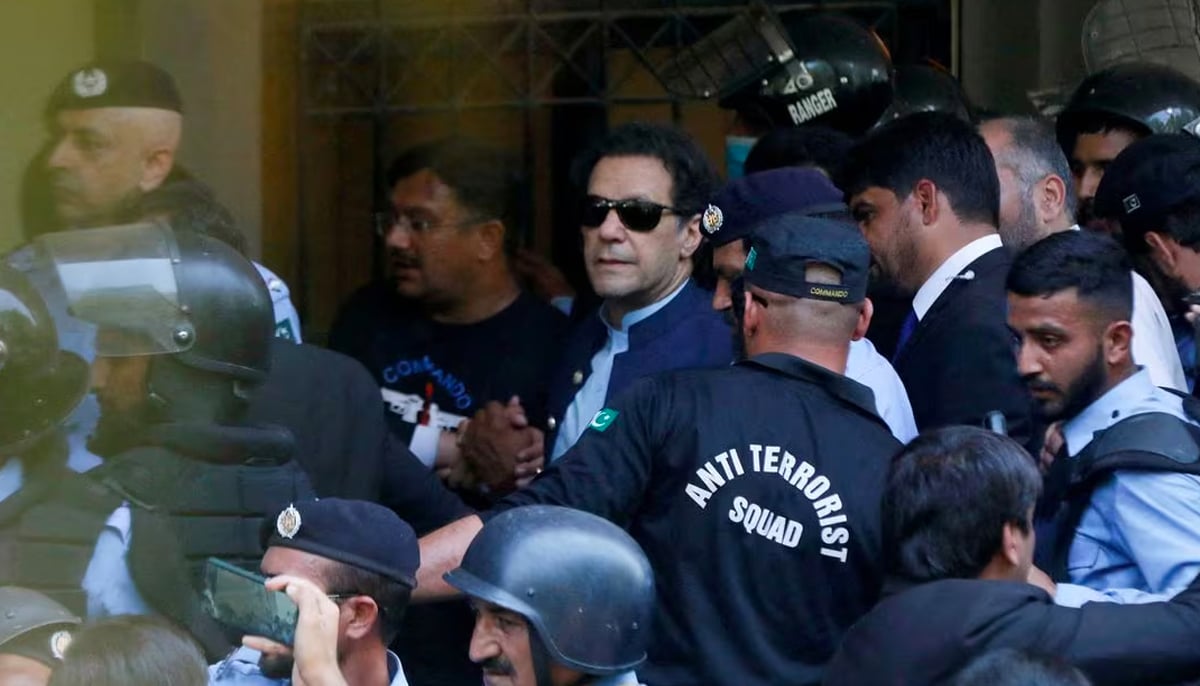
One of the dilemmas of Pakistan’s political landscape over the years has been the ‘controversial’ role of judiciary and establishment, which often multiplies the political and constitutional crisis. The dilemma of the judiciary in particular since 2007, during the independence of the judiciary movement, superior courts became too politicised.
Successive chief justices of Pakistan whether it was Justice (retd) Iftikhar Muhammad Chaudhry, Justice (retd) Saqib Nisar, Justice (retd) Asif Saeed Khosa, Justice (retd) Umar Ata Bandial became too controversial. Now, the heavy burden is on the sitting Chief Justice Qazi Faez Isa. The latter has already set a good tradition by surrendering the power of the CJP in suo motu cases and giving the accused the right to appeal.
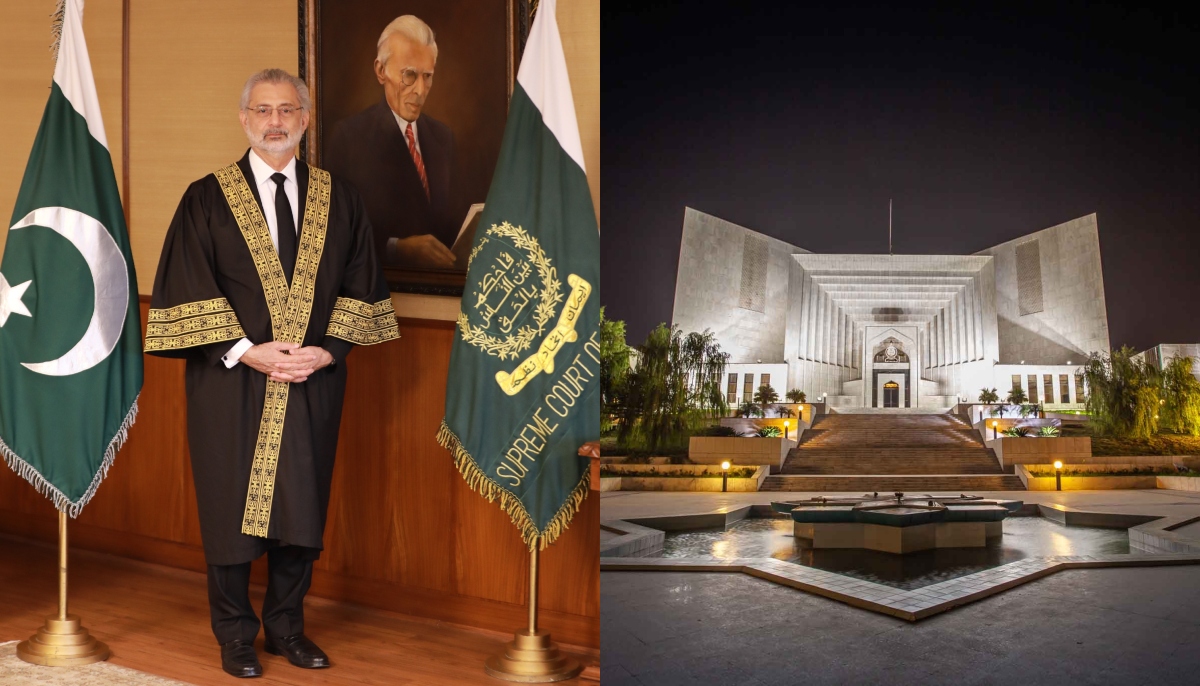
It is also high time for the powerful establishment to revisit its ‘political role,’ which should have been ended after the closure of a ‘political cell’ after the Asghar Khan case. They were blamed for making and breaking parties, creating ‘ladla’ or ‘projects’ etc. The role played by General (retd) Bajwa and General (retd) Faiz Hameed did not go well in the circles.
A one-liner way forward for 2024 is: Let’s give people a chance to make or break governments through constitutional means, let’s give every truly elected government a chance to complete its term and elections take their course as scheduled. Failure is not an option as failing now means ‘Bad News’ for Pakistan.
The writer is a columnist and analyst for GEO, Jang, and The News. He posts on X @MazharAbbasGEO

